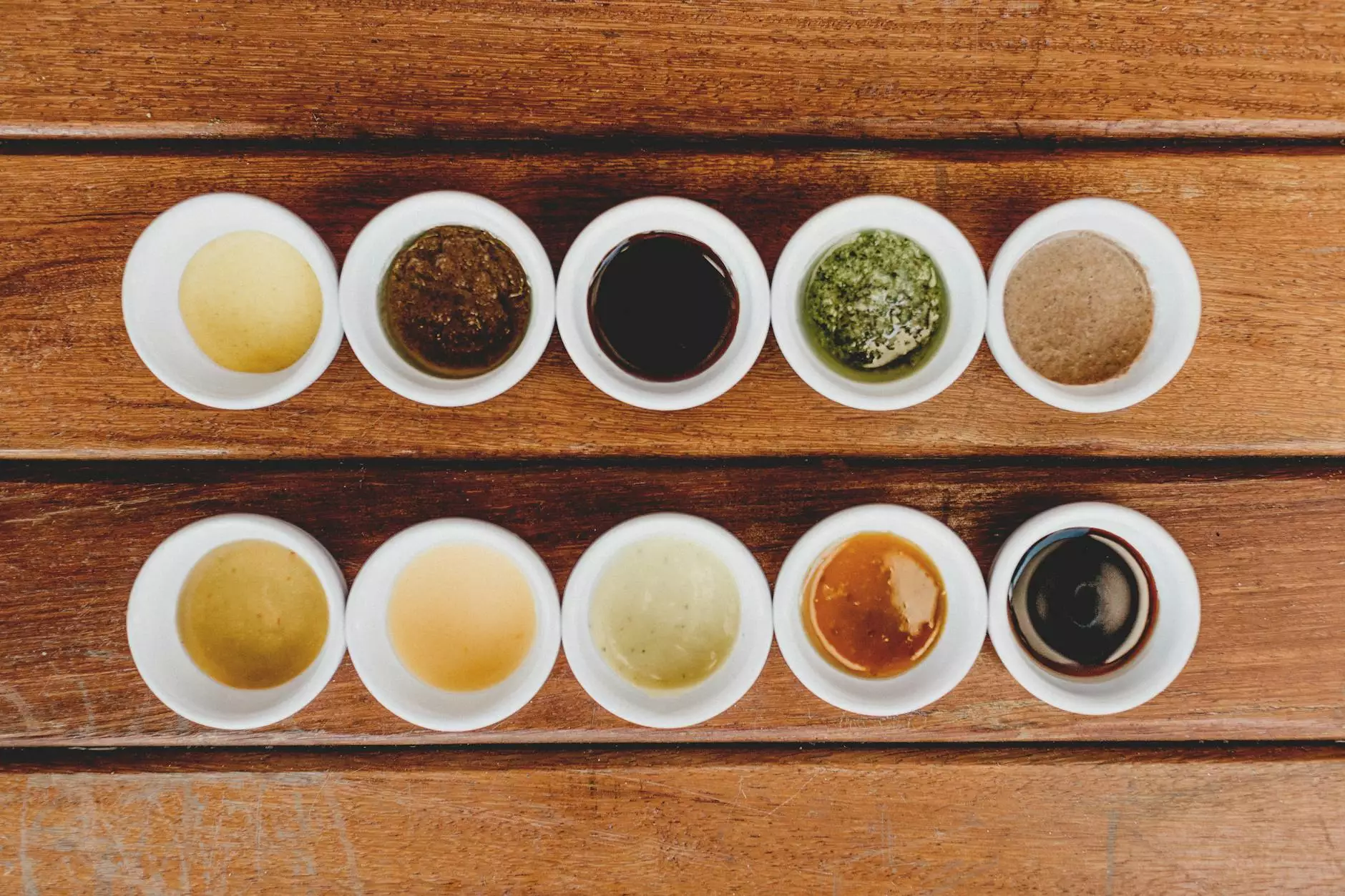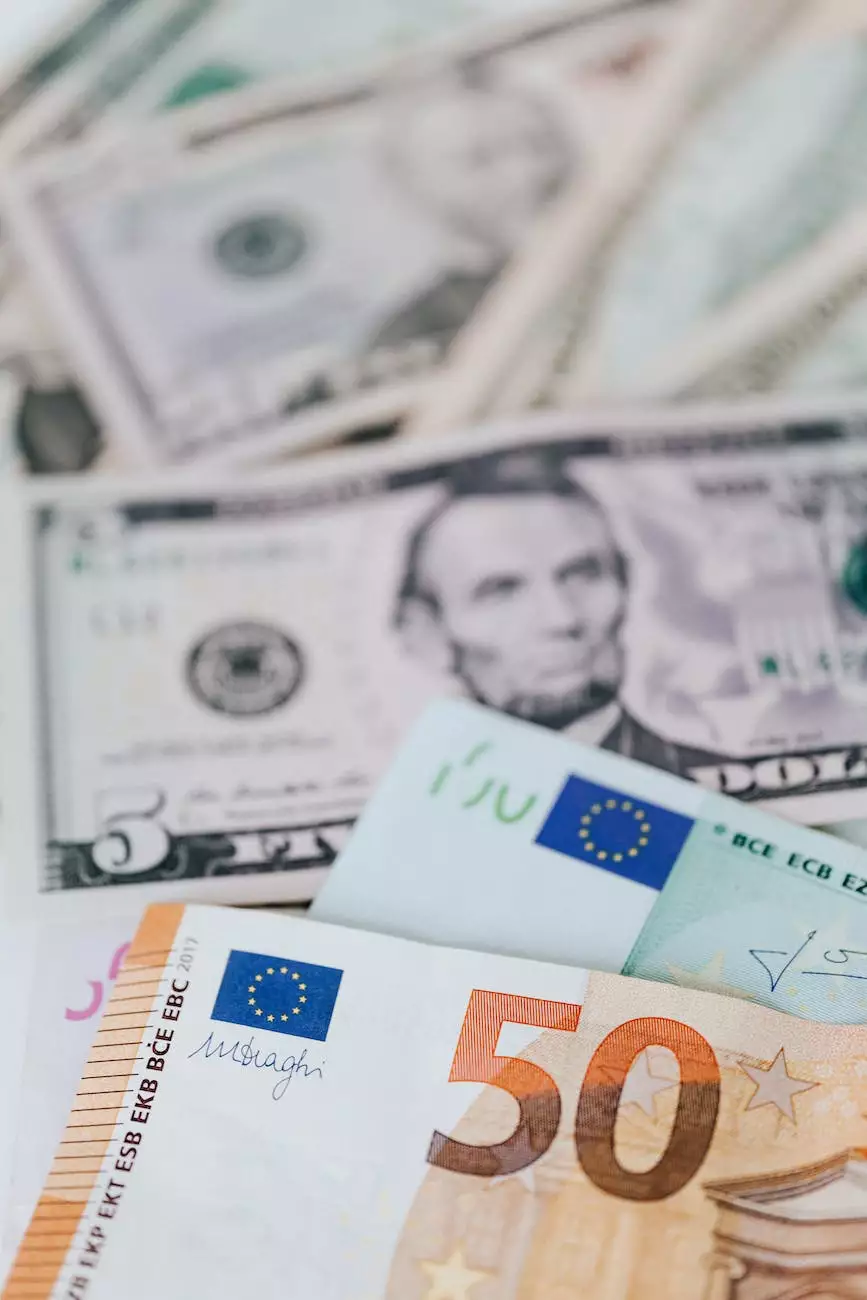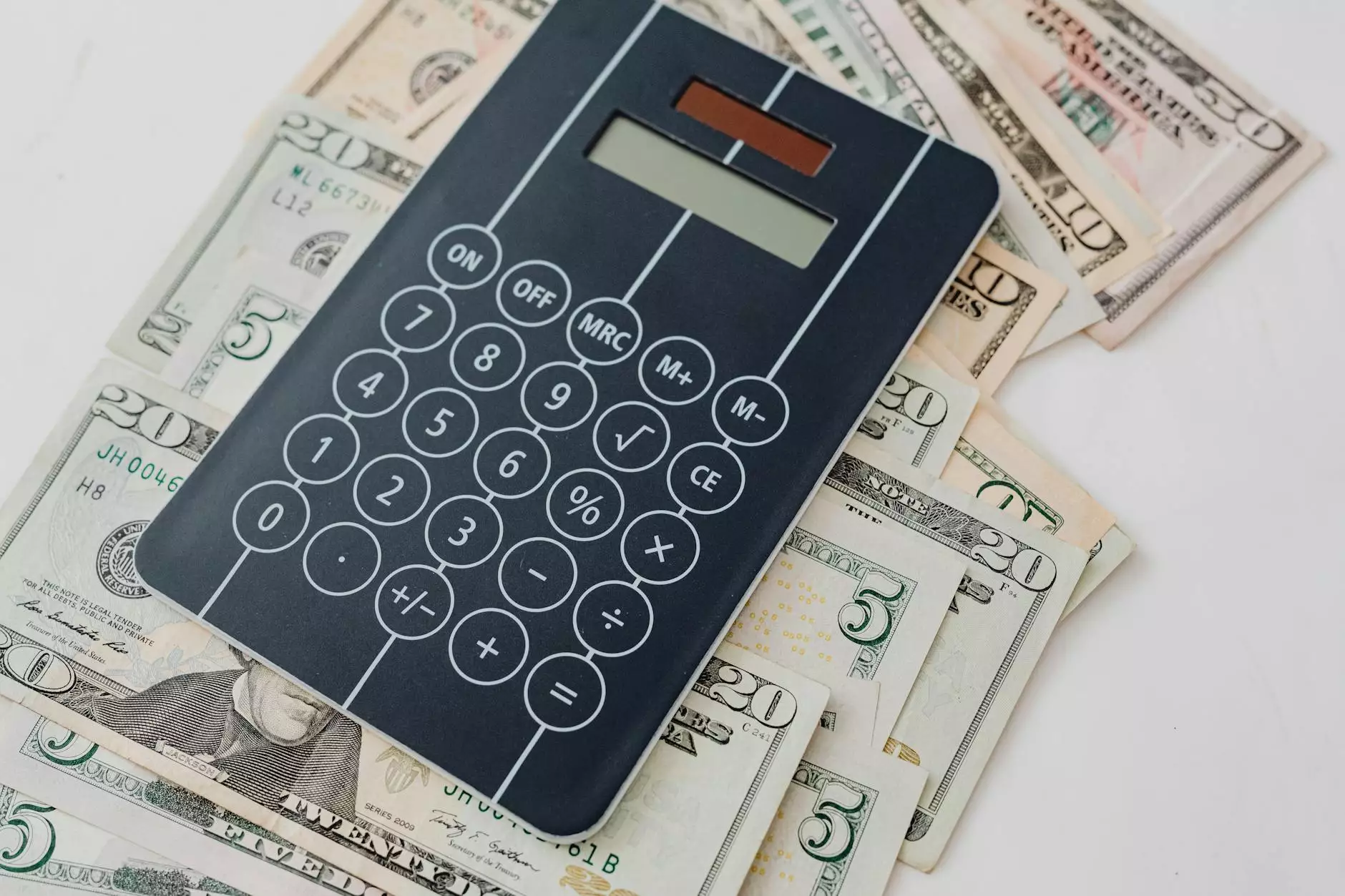High & Low Interest Rates: When to Buy a House vs Wait
Blog
Introduction
Welcome to Life Designers, your trusted source for expert advice on mortgage and housing information. As a leading consulting and coaching company in the field of business and consumer services, we specialize in helping individuals make informed decisions regarding housing options. In this article, we will discuss the decision of whether to buy a cheaper house at a higher interest rate or wait for rates to drop.
The Impact of Interest Rates on Homebuyers
Interest rates play a vital role in the affordability of homeownership. When interest rates are low, it becomes more appealing to buy a house as the cost of borrowing decreases. Conversely, high interest rates can make homeownership more expensive and potentially limit the purchasing power of buyers.
Benefits of Buying a Cheaper House at a Higher Interest Rate
If you are considering buying a cheaper house at a higher interest rate, there are a few advantages to keep in mind:
- Immediate Homeownership: By purchasing a cheaper house, you can enter the housing market sooner and start building equity.
- Lower Initial Costs: Cheaper houses usually come with lower upfront costs, such as the down payment and closing costs, making it more affordable for some buyers.
- Opportunity for Refinancing: If interest rates decrease in the future, you may have the option to refinance your mortgage to take advantage of lower rates and reduce your monthly payments.
Considerations for Waiting for Rates to Drop
On the other hand, waiting for rates to drop before buying a house has its own set of advantages:
- Potential Savings: By waiting for lower interest rates, you may be able to secure a more favorable mortgage, which can result in significant long-term savings.
- Improved Affordability: Lower interest rates can increase your purchasing power, allowing you to consider houses in a higher price range and potentially provide access to better neighborhoods or amenities.
- Reduced Monthly Payments: When interest rates decrease, you can benefit from lower monthly mortgage payments, which can free up funds for other expenses or savings.
Factors to Consider in the Decision-Making Process
When deciding between buying a cheaper house at a higher interest rate or waiting for rates to drop, it's important to analyze several key factors:
1. Financial Situation
Assess your current financial situation, including your income, savings, and debt. Evaluate whether you can comfortably afford a mortgage at the current interest rate or if waiting for lower rates would provide a more manageable financial commitment.
2. Real Estate Market Conditions
Analyze the local real estate market and interest rate trends. Research market conditions, such as housing inventory, home prices, and the overall demand for houses. Stay informed about any potential changes in interest rates that could affect your decision.
3. Long-Term Goals
Consider your long-term goals and how homeownership fits into them. Evaluate factors such as job stability, future family planning, and the desired length of stay in the house. Assessing these elements can help determine whether immediate homeownership or waiting for lower rates aligns better with your objectives.
4. Consult with Professionals
Seek advice from mortgage consultants, financial advisors, and real estate professionals. These experts can provide personalized guidance based on your specific circumstances and help you make an informed decision.
Conclusion
Deciding between buying a cheaper house at a higher interest rate or waiting for rates to drop requires thoughtful consideration of various factors. At Life Designers, we understand the importance of making well-informed choices when it comes to housing. Our consulting and coaching services are tailored to provide you with invaluable guidance throughout your decision-making process. Contact us today to learn more about how we can assist you in optimizing your life design while considering mortgage and housing information.




